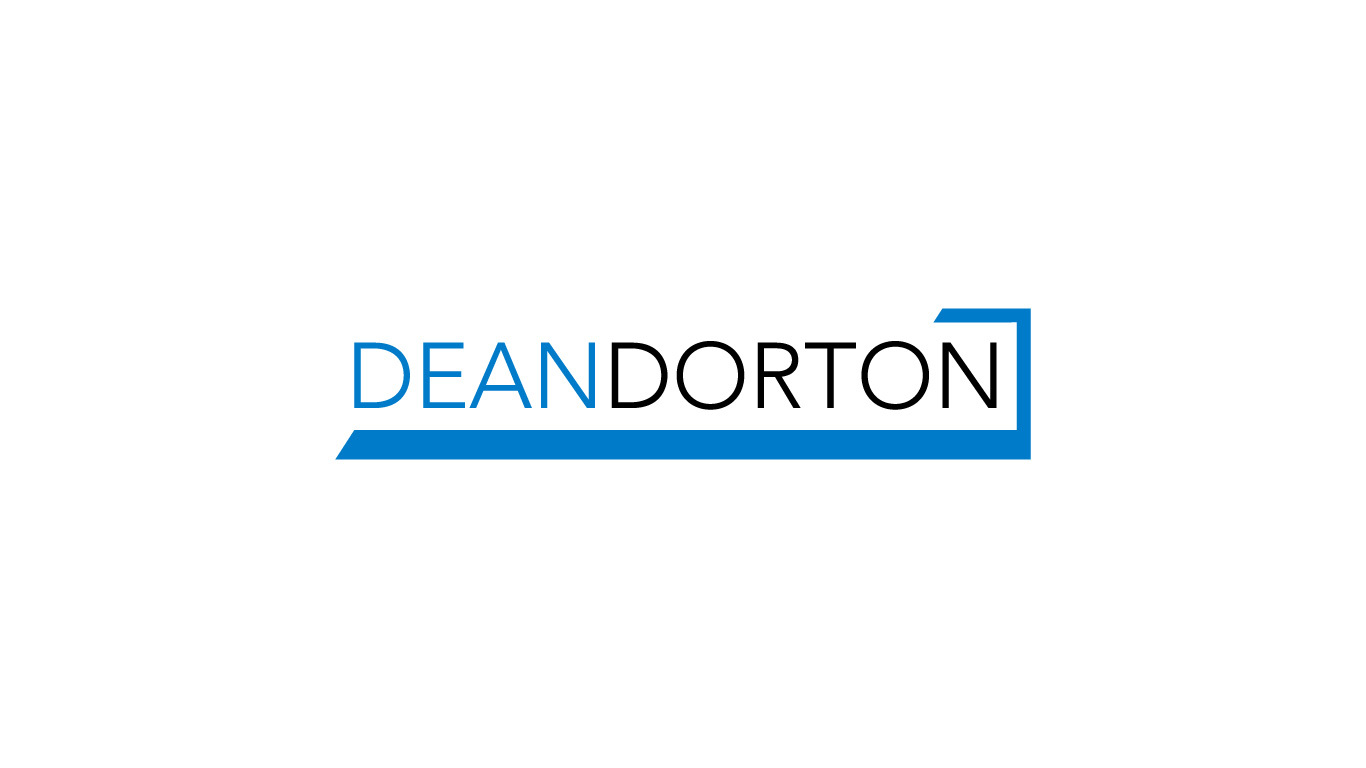On May 5, 2020, the Small Business Administration (SBA) updated the Paycheck Protection Program (PPP) with clarifications surrounding non-discrimination and eligibility requirements for the program with an immediate effective date. Specifically, the SBA provided guidance that certain student workers at institutions of higher education may be excluded from total employee count.
Student Workers and PPP Loan Eligibility
Question: Do student workers count when determining the number of employees for PPP loan eligibility?
Answer: Yes, student workers generally count as employees, unless (a) the applicant is an institution of higher education, as defined in the Department of Education’s Federal Work-Study regulations, 34 C.F.R. § 675.2, and (b) the student worker’s services are performed as part of a Federal Work-Study Program (as defined in those regulations) or a substantially similar program of a State or political subdivision thereof. Institutions of higher education must exclude work study students when determining the number of employees for PPP loan eligibility, and must also exclude payroll costs for work study students from the calculation of payroll costs used to determine their PPP loan amount.
The Administrator, in consultation with the Secretary, has determined that this is a reasonable interpretation of section 1102(a) of the CARES Act’s reference to “individuals employed on a full-time, part-time, or other basis.” Such programs generally provide part-time jobs for students with financial need, and their services are incident to and for the purpose of pursuing a course of study. Work study students are excluded from the definition of employees in other areas of federal law. For example, in the regulations implementing the Affordable Care Act, Treasury defined an employee’s “hours of service” to exclude work study hours. Explaining this exclusion, the regulation’s preamble states that “[t]he federal work study program, as a federally subsidized financial aid program, is distinct from traditional employment in that its primary purpose is to advance education.” Similarly, student work is generally exempt from Federal Insurance Contribution Act (FICA) and Federal Unemployment taxes.
For similar reasons, the Administrator, in consultation with the Secretary of the Treasury, has determined that a limited exception for work study is appropriate here. In particular, the Administrator recognizes that requiring institutions of higher education to count work study students towards employee headcount would result in an anomalous outcome in two respects. First, it would prevent some small educational institutions from receiving PPP loans due solely to their provision of financial aid to students in the form of work study. Second, it would result in the exclusion of small educational institutions whose part-time work study headcount dwarfs their full-time faculty and staff headcounts. Educational institutions that filed loan applications prior to the issuance of the regulation are not bound by this interpretation but may rely on it. Lenders may continue to rely on borrower certifications as part of their good faith review process.
Find the guidance here:
The IRS Updated its FAQs
On May 6, 2020, the IRS updated its website with new frequently asked questions related to the Higher Education Emergency Relief Fund and Emergency Financial Aid Grants under the CARES Act. Question 1 addresses taxability of emergency financial aid grants.
Question: I am a student who received an emergency financial aid grant under section 3504, 18004, or 18008 of the CARES Act for unexpected expenses, unmet financial need, or expenses related to the disruption of campus operations on account of the COVID-19 pandemic. Is this grant includible in my gross income?
Answer: No. Emergency financial aid grants under the CARES Act for unexpected expenses, unmet financial need, or expenses related to the disruption of campus operations on account of the COVID-19 pandemic, such as unexpected expenses for food, housing, course materials, technology, health care, or childcare, are qualified disaster relief payments under section 139 of the Internal Revenue Code. This grant is not includible in your gross income.
Find additional information here:
For more information on how the Coronavirus is impacting businesses across multiple industries, visit our COVID-19 resource page:







